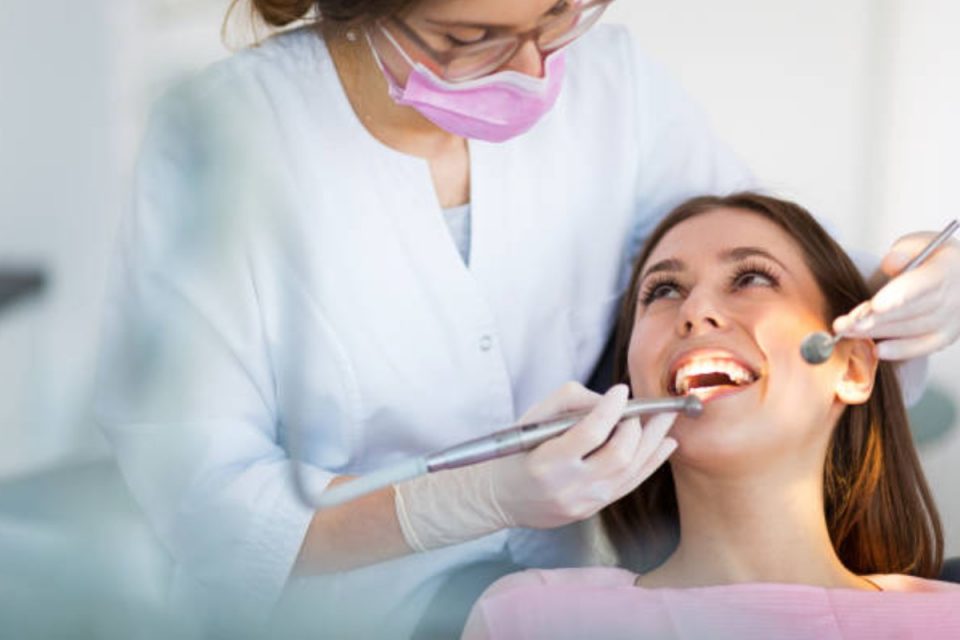The goal of a regular dental checkup is to keep your teeth and gums healthy so they can function properly. Getting a checkup every six months also provides you with the opportunity to catch any potential oral health problems early.
The length of time between check-ups depends on individual needs and habits. However, most oral health professionals recommend checking in with your dentist every six months. Therefore, a dental checkup usually occurs as part of routine cleaning and exam.
Table of Contents
Where Can I Get a Dental Cleaning Near Me?
Dental checkups and cleanings usually take about 30 to 60 minutes. During the appointment, your dentist will take a thorough look at your teeth and mouth. This includes a visual assessment to spot decay and check on the health of the gums.
You’ll also get a thorough oral exam to check for signs of oral diseases such as cancer. Advances in technology allow the dentist to get a thorough understanding of the health of your gums and teeth so they can schedule the best possible care.
During the checkup, your dentist may take x-rays of your teeth. This is also a good time to discuss any dental concerns you have, such as tooth pain, any changes in the looks of your gums, or problems with sensitivity.
If you have not had a cleaning or exam in some time, you may be asking the question, “Where can I get a dental cleaning near me?” Choose a well-recognized local dentist with good reviews – someone you feel you can trust with dental prevention and care. This is important, as you’ll want to follow a schedule of regular professional dental care.
What to Expect During the Cleaning Process and Exam
During the exam, the dentist may use a dental mirror to check your gums and an intraoral camera to point out special concerns. A probe is also used to check for decay.
The dental hygienist, during cleaning, uses a scraper, hand-held or power-driven, to clean plaque and tartar between the teeth and at the gum line. If you have a build-up of tartar, the process will take more time.
If the dentist takes x-rays, he or she does so to check for oral diseases or conditions that they cannot spot during a visual exam. For example, if you’re complaining of pain, the dentist may x-ray the area to determine the causes.
Dental Recommendations and Advice
After your cleaning and exam, your dentist may recommend that you use a new toothpaste or mouthwash. In some cases, he or she may advise that you stay away from certain foods. For example, if you have some tooth damage, your dentist may ask you to switch to more dental-friendly substitutes.
Staying Healthy at Home
If you schedule dental visits every 6 months, you’ll also be more conscientious about taking care of your teeth and gums at home. Remember to brush at least twice a day. Rinse your mouth after eating when you don’t have access to a toothbrush. It also is important to floss at least once daily to remove disease-causing plaque from beneath the teeth.
Make Good Dental Care a Habit
If you have not done so before, make it a habit to see your dentist regularly, as problems with oral health can trigger other health issues as well. By taking preventive dental measures, you’ll ensure your health overall.

